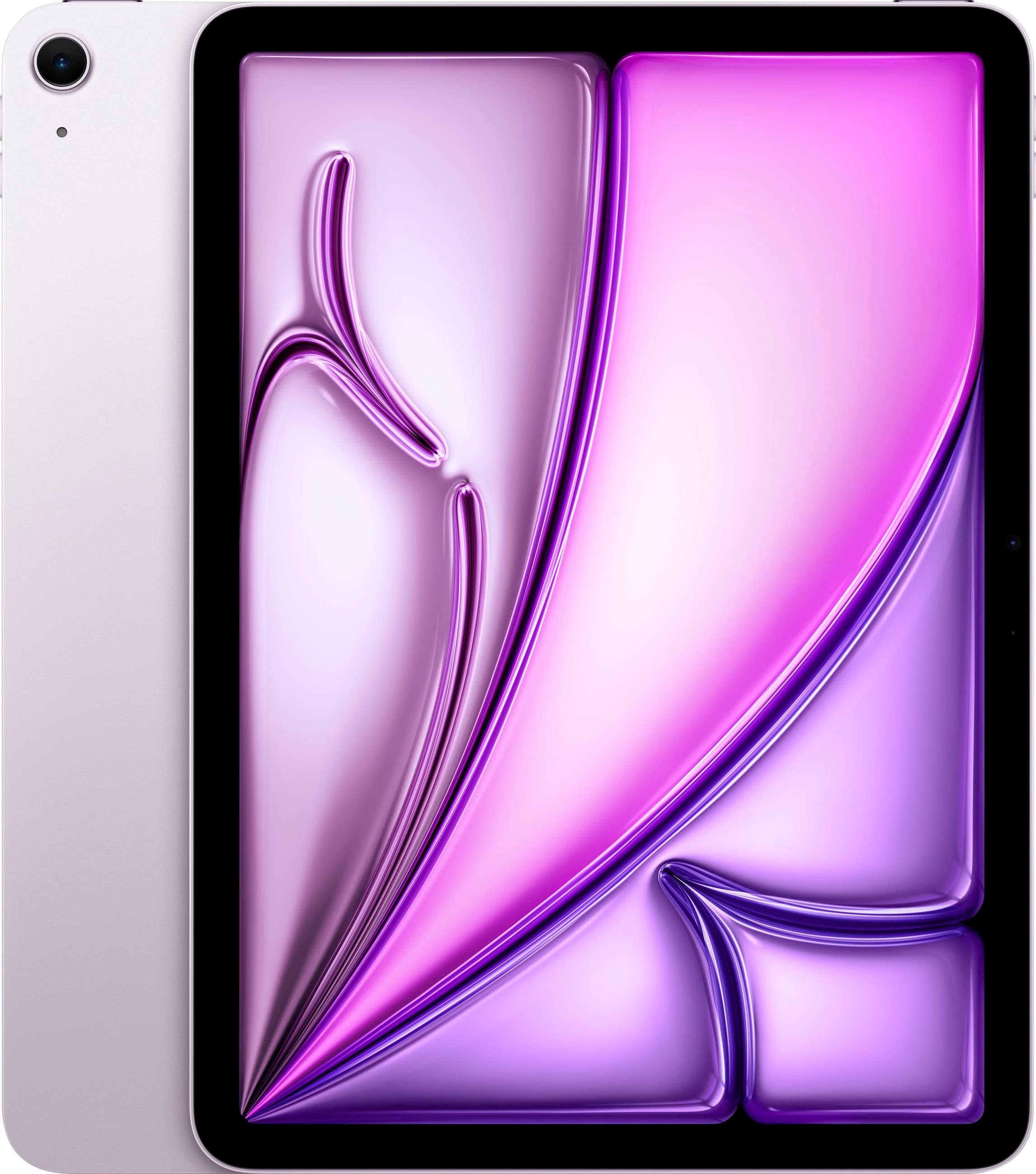Best Car Part Brands: Your Ultimate Guide to Quality and Performance
Best Car Part Brands: Your Ultimate Guide to Quality and Performance cars.truckstrend.com
The roar of an engine, the smooth glide on the highway, the confident stop at a red light – these experiences are built not just by the vehicle itself, but by the countless components working in harmony beneath its surface. When a part needs replacing, or an upgrade is on the horizon, the choice of brand becomes paramount. "Best Car Part Brands" isn’t merely a search for the most expensive or widely advertised name; it’s a quest for reliability, safety, performance, and longevity.
Choosing the right car part brand is an investment in your vehicle’s health and your peace of mind. Inferior parts can lead to premature failure, compromise safety, reduce fuel efficiency, and ultimately cost you more in the long run through repeated repairs. This comprehensive guide will delve into what makes a car part brand "best," explore top contenders across various categories, and provide actionable insights to help you make informed decisions for your automotive needs.
Best Car Part Brands: Your Ultimate Guide to Quality and Performance
Why Brand Matters: The Core Principles of Quality Car Parts
Before diving into specific brands, it’s crucial to understand why brand reputation and quality are non-negotiable when it comes to vehicle components.
- Safety First: This is the most critical aspect. Components like brakes, steering, and suspension directly impact your vehicle’s ability to stop, turn, and maintain control. Reputable brands invest heavily in research, development, and rigorous testing to meet or exceed safety standards, ensuring their parts perform reliably under stress.
- Performance Enhancement: Quality parts contribute significantly to your vehicle’s overall performance. From engine components that optimize power and fuel efficiency to suspension systems that improve handling and ride comfort, the right brand can elevate your driving experience.
- Durability and Longevity: Cheap, generic parts often fail prematurely, leading to repeated repairs and additional labor costs. Premium brands use higher-grade materials, precision manufacturing, and superior designs, resulting in parts that last longer, offering better value over their lifespan.
- Compatibility and Fitment: Reputable brands prioritize precise engineering, ensuring their parts fit correctly and seamlessly integrate with your vehicle’s existing systems. This avoids installation headaches and potential damage to other components.
- Warranty and Support: Leading brands stand behind their products with robust warranties and accessible customer support. This provides an important layer of protection, offering recourse if a part fails unexpectedly due to manufacturing defects.

Key Categories and Top Brands to Consider
The automotive aftermarket is vast, with countless brands specializing in different areas. Here’s a breakdown of essential categories and some of the best brands renowned for their quality and reliability.
Braking Systems: Stopping Power You Can Trust
Brakes are your primary safety system. Investing in high-quality brake components is non-negotiable.

-
Brembo: A global leader in high-performance braking systems, especially popular in racing and luxury vehicles. Known for superior stopping power, fade resistance, and aesthetics.

Akebono: A Japanese manufacturer, often an OEM supplier for many Asian and North American vehicles. Known for quiet operation, low dust, and excellent durability in daily driving conditions.
-
Bosch: A German engineering giant with a vast automotive parts division. Offers a wide range of high-quality brake pads, rotors, and calipers that meet or exceed OEM specifications for various vehicle types.
-
Raybestos: A long-standing American brand known for its comprehensive line of friction products and hydraulic components, offering reliable performance for everyday vehicles.
-
EBC Brakes: Specializes in aftermarket performance brake components, offering different pad compounds (Greenstuff, Redstuff, Yellowstuff) and rotors tailored for various driving styles, from daily commuting to track use.
-
Considerations: Your driving style (aggressive vs. casual), vehicle type (sedan, truck, performance car), and local climate should influence your choice. Some pads offer better initial bite, while others excel in heat dissipation.
Suspension & Steering: Control and Comfort
These systems dictate your vehicle’s ride comfort, handling, and stability.
-
KYB: A Japanese shock absorber and strut manufacturer, often an OEM supplier. Known for reliable, durable, and affordable replacement parts that restore original ride quality.
-
Bilstein: A German brand synonymous with high-performance suspension. Offers monotube shocks and struts that provide superior damping, improved handling, and a more controlled ride, popular for enthusiasts and heavy-duty applications.
-
Monroe: A well-known American brand offering a wide range of shocks, struts, and loaded assemblies for various vehicles, focusing on restoring comfortable ride quality.
-
Moog: A leading brand for steering and suspension components like ball joints, tie rod ends, and control arms. Known for their durability, often featuring "problem solver" designs that improve upon OEM weaknesses.
-
Sachs: Another German brand, a major OEM supplier for European cars. Offers high-quality shocks, struts, and clutch components known for their precision and comfort.
-
Considerations: Do you prioritize a plush, comfortable ride or a firm, sporty feel? Are you carrying heavy loads or towing? Different brands and product lines cater to specific needs.
Engine Components & Filtration: The Heart of Your Ride
The engine relies on precise components and clean fluids to operate efficiently.
-
NGK (Spark Plugs, Oxygen Sensors): A Japanese company, a global leader in spark plugs and oxygen sensors. Known for their reliability, precise ignition, and excellent performance across a wide range of engines.
-
Bosch (Sensors, Fuel Systems, Filters): Beyond brakes, Bosch excels in fuel injection systems, sensors (MAF, O2), and high-quality oil and air filters, often being an OEM supplier.
-
Mann-Filter / Mahle (Filters): Both German companies are top-tier manufacturers of automotive filters (oil, air, fuel, cabin). They are often OEM suppliers and provide excellent filtration efficiency and durability in the aftermarket.
-
Gates (Belts & Hoses): A global leader in automotive belts, hoses, and tensioners. Known for their robust construction and long-lasting performance, crucial for engine accessory drives and fluid transfer.
-
Denso (Spark Plugs, Fuel Pumps, Starters/Alternators): Another Japanese giant, often an OEM for Asian vehicles. Produces high-quality ignition, fuel, and electrical components known for their reliability.
-
Considerations: Regular maintenance with quality filters and fluids is paramount for engine longevity. For critical components like fuel pumps or sensors, matching OEM quality is often recommended.
Electrical & Ignition: Powering Your Journey
From starting the car to powering accessories, reliable electrical components are vital.
-
ACDelco: General Motors’ parts division, but also produces high-quality aftermarket parts for a wide range of vehicles, including batteries, alternators, starters, and spark plugs.
-
Exide / Optima (Batteries): Leading battery manufacturers known for their durable and reliable starting and deep-cycle batteries. Optima, in particular, is famous for its spiral-cell technology and high performance.
-
Hella: A German manufacturer specializing in lighting technology, electrical systems, and electronics. Known for high-quality headlights, taillights, and various sensors.
-
Considerations: Battery choice depends on climate and vehicle demands. For other electrical components, reliability and precise fit are key to avoid diagnostic headaches.
Exhaust Systems: Sound, Performance, and Emissions
Beyond just noise, exhaust systems impact engine performance and emissions.
-
MagnaFlow: An American company known for high-quality, stainless steel exhaust systems and catalytic converters. Offers a balanced blend of performance, sound, and durability.
-
Flowmaster: Famous for its aggressive, muscular exhaust tones, Flowmaster offers various muffler designs to achieve specific sound profiles while improving exhaust flow.
-
Borla: Specializes in premium, T-304 stainless steel exhaust systems. Known for their distinct sound, performance gains, and lifetime warranties, often favored by performance enthusiasts.
-
Walker: A long-standing brand offering a wide range of OEM-style replacement exhaust components, including mufflers, pipes, and catalytic converters, known for their affordability and reliable fit.
-
Considerations: Local noise ordinances, desired sound level, and performance goals will dictate your choice. Stainless steel offers superior longevity over aluminized steel.
OEM vs. Aftermarket: Making the Right Choice
When sourcing car parts, you’ll encounter two main categories:
- OEM (Original Equipment Manufacturer): These are parts made by the original manufacturer of your vehicle or by a company that supplies parts directly to the car manufacturer for assembly.
- Pros: Guaranteed perfect fit, identical to the part your car came with, often backed by the car manufacturer’s warranty. Highest assurance of quality.
- Cons: Typically the most expensive option. Limited choice.
- Aftermarket: These parts are made by companies other than the original car manufacturer. They can range from direct replacements to performance upgrades.
- Pros: Wider variety of choices, competitive pricing, potential for performance upgrades, innovation.
- Cons: Quality can vary significantly from brand to brand. Fitment issues are possible with lower-quality brands. Warranty support can be less straightforward.
Tips for Choosing:
- For critical safety components (brakes, steering), OEM or top-tier aftermarket brands are recommended.
- For common wear items (filters, wiper blades), high-quality aftermarket options often offer excellent value.
- Always research aftermarket brands. Look for certifications (ISO, SAE, TUV), read reviews, and check for warranties. Avoid "no-name" or suspiciously cheap parts, especially for vital systems.
Tips for Identifying and Purchasing Quality Parts
Navigating the vast world of car parts requires a discerning eye.
- Do Your Research: Before buying, look up reviews of specific brands and even specific product lines. Automotive forums, independent review sites, and professional mechanic recommendations are invaluable resources.
- Look for Certifications: Reputable manufacturers often adhere to international quality standards like ISO/TS 16949 (automotive quality management system), SAE (Society of Automotive Engineers), or TUV (German technical inspection association).
- Understand Warranties: A strong warranty signals a manufacturer’s confidence in their product. Read the fine print to understand coverage duration, what’s covered, and the claims process.
- Buy from Trusted Retailers: Purchase parts from reputable auto parts stores (e.g., AutoZone, Advance Auto Parts, Pep Boys), authorized dealerships, or well-known online vendors (e.g., RockAuto, Summit Racing, Tire Rack, Amazon with caution on seller reputation). This reduces the risk of counterfeits.
- Beware of Counterfeits: The market is unfortunately flooded with fake parts. Signs of counterfeits include suspiciously low prices, poor packaging, misspelled brand names, flimsy materials, and lack of proper branding or serial numbers. If it seems too good to be true, it probably is.
- Consult a Professional: If you’re unsure, ask your trusted mechanic for their recommendations. They have hands-on experience with various brands and can offer advice tailored to your vehicle.
Typical Price Range for Common Components by Best Car Part Brands (Illustrative)
Please note: Prices are highly variable based on vehicle make/model, specific part number, sales, and retailer. The ranges below are illustrative estimates for common aftermarket components from reputable brands. OEM parts may be significantly higher.
| Component Category | Specific Part (Example) | Best Car Part Brand (Example) | Typical Price Range (USD) | Notes |
|---|---|---|---|---|
| Braking Systems | Brake Pads (Axle Set) | Akebono, Bosch | $40 – $120 | Varies by material (ceramic, semi-metallic), vehicle type. |
| Brake Rotors (Each) | Raybestos, Bosch | $30 – $100 | Varies by size, type (solid, vented, drilled/slotted). Performance rotors higher. | |
| Suspension | Shock Absorber (Each) | KYB, Monroe | $50 – $150 | Bilstein/performance options can be $100-$300+. |
| Control Arm (Each) | Moog, ACDelco | $70 – $200 | Complete assembly with ball joint often higher. | |
| Engine & Filters | Oil Filter | Mann-Filter, Mahle | $8 – $20 | High-quality filters are crucial for engine longevity. |
| Air Filter | Mann-Filter, K&N (performance) | $15 – $40 | K&N reusable filters are often $50-$80+. | |
| Spark Plugs (Per Plug) | NGK, Denso | $5 – $15 | Platinum or Iridium plugs for longer life. Cost per set varies by engine cylinder count. | |
| Serpentine Belt | Gates, Dayco | $20 – $60 | Depends on length and vehicle. | |
| Electrical | Car Battery | Exide, ACDelco, Optima | $100 – $250+ | Optima batteries typically at the higher end. Varies by CCA and size. |
| Wiper Blades (Pair) | Bosch, PIAA | $20 – $50 | Premium beam blades often at the higher end. | |
| Headlight Bulb (Each) | Philips, Sylvania | $15 – $40 | HID/LED conversion kits are significantly more expensive ($100-$300+). | |
| Exhaust | Muffler | Walker, MagnaFlow | $50 – $200 | Performance mufflers (MagnaFlow, Flowmaster) can be $100-$300+. Full systems are $500-$1500+. |
Concluding Summary
The quest for the "best car part brands" is a journey toward ensuring your vehicle’s longevity, safety, and optimal performance. It’s about more than just a quick fix; it’s about making a wise investment in your automotive future. By prioritizing reputable brands known for their quality, adhering to strict manufacturing standards, and offering comprehensive warranties, you safeguard against premature failures, costly re-repairs, and compromised safety.
Whether you’re replacing worn-out components or upgrading for enhanced performance, remember that the initial cost of a quality part often pays dividends in terms of durability, reliability, and peace of mind. Do your research, choose wisely, and enjoy the confidence that comes from knowing your vehicle is built with the best.
Frequently Asked Questions (FAQ)
Q1: Is OEM always better than aftermarket?
Not necessarily. While OEM parts guarantee an exact fit and original performance, many top-tier aftermarket brands meet or even exceed OEM quality, often at a more competitive price. Some aftermarket brands also offer performance upgrades not available from OEMs. The key is to choose reputable aftermarket brands.
Q2: How can I spot a counterfeit car part?
Look for unusually low prices, poor-quality packaging, misspellings on the product or packaging, lack of proper branding or logos, flimsy materials, and absence of serial numbers or certifications. Always buy from trusted retailers to minimize the risk.
Q3: Where is the best place to buy car parts?
Reputable sources include authorized dealerships (for OEM parts), major auto parts retailers (like AutoZone, Advance Auto Parts, Pep Boys), and trusted online vendors (like RockAuto, Summit Racing, PartsGeek). For specialized parts, direct from the manufacturer or a specialty performance shop might be best.
Q4: Do expensive car parts always mean better quality?
Generally, higher-priced parts from reputable brands tend to offer superior quality, durability, and performance due to better materials, manufacturing processes, and R&D. However, simply being expensive doesn’t guarantee quality. Always cross-reference with brand reputation and reviews. Sometimes, you pay a premium for brand recognition or specialized performance features you may not need.
Q5: How do I know which brand is right for my specific car?
Start by checking your car’s owner’s manual for recommended specifications. Research common issues or upgrades for your specific make and model in online forums and mechanic reviews. Consult with a trusted mechanic who has experience with your type of vehicle. Ultimately, balance your budget with your desired level of performance, safety, and longevity.






